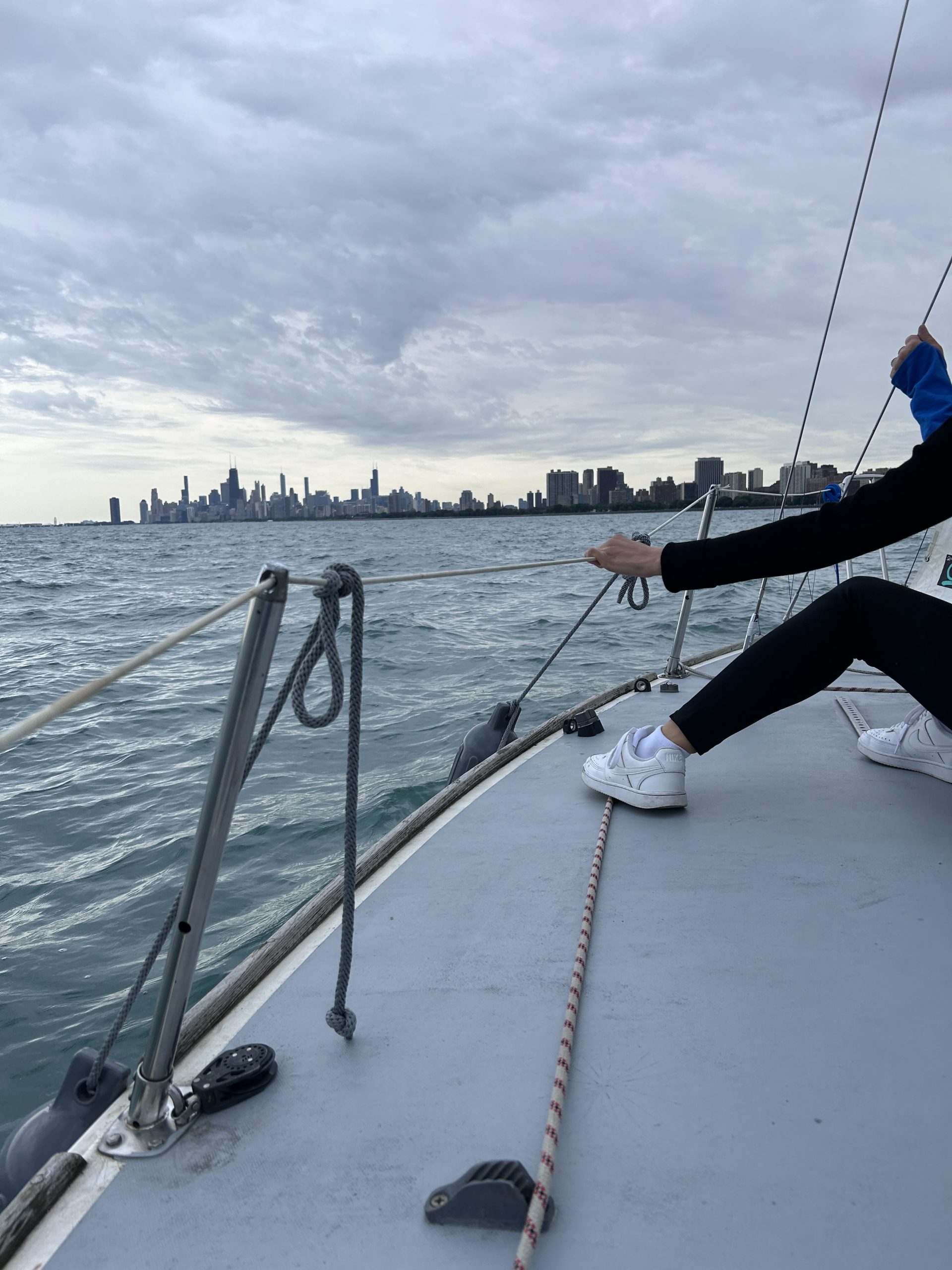Sailing Strategies for Better Investigations

I took a sailing lesson yesterday and learned some great lessons about life in general. It even made me stop and think about lessons I can apply to incident investigations. Conducting investigations, like sailing, requires a strategic approach, attention to detail, and the ability to navigate uncertainty.
Here are 10 key lessons I learned from sailing that can be applied to conducting investigations:
1. Preparation and Planning
- Sailing: Sailing starts with thorough preparation, including route planning, checking the weather, and ensuring all equipment is in good condition.
- Investigations: Before starting an investigation, it’s important to decide what information needs to be collected, review relevant laws and regulations, and prepare a strategy.
2. Attention to Detail
- Sailing: I learned very quickly that sailors must pay close attention to changing conditions, such as wind speed and direction, currents, and weather patterns.
- Investigations: Investigators need to examine evidence meticulously. Small details can often be critical in uncovering the truth.
3. Adaptability
- Sailing: Conditions at sea can change rapidly, requiring sailors to adapt their strategies and actions.
- Investigations: Investigations often encounter unexpected developments. Investigators must be flexible and adjust their approach as new information emerges.
4. Patience and Persistence
- Sailing: Long journeys require patience and persistence, especially during adverse weather.
- Investigations: Thorough investigations take time. Investigators must be patient, persistent, and willing to invest the time necessary to collect the facts.
5. Teamwork and Communication
- Sailing: Successful sailing often relies on a well-coordinated crew with clear communication and defined roles. (I’m probably going to hear “Ready to Tack?” “Ready!” “Tacking!” in my dreams for a while!)
- Investigations: Good investigations involve teams of people, including management, experts, and people near the scene. Effective communication and collaboration are essential for success.
6. Risk Management
- Sailing: Sailors must assess risks continually, balance speed and safety, and know when to take precautions.
- Investigations: Investigators must identify and manage risks, such as losing the opportunity to collect fragile evidence, being thrown off track by misleading information from witnesses, or navigating legal challenges. Risk assessments help in making informed decisions.
7. Navigating Uncertainty
- Sailing: Navigating through fog or storms requires sailors to rely on instruments, experience, and intuition.
- Investigations: Uncertainty is a constant in investigations. Sometimes investigators rely on experience or intuition (both are often accompanied by biases). That is one of the things that TapRooT® Root Cause Analysis Investigators avoid because it is a system that guides the investigator every step of the way, helps them minimize biases, and takes them beyond their knowledge.
8. Ethical Conduct
- Sailing: Responsible sailors follow maritime laws and respect the environment.
- Investigations: Ethical conduct is paramount in investigations. Investigators must uphold legal standards, respect privacy, and ensure the integrity of the investigative process.
9. Documentation and Record-Keeping
- Sailing: Maintaining logs and records is essential for tracking progress and ensuring safety at sea.
- Investigations: Detailed documentation is critical in investigations. Accurate records of evidence, interviews, and procedures are necessary to conduct a solid investigation and ensure accountability. In the TapRooT® System, we use a SnapCharT® which is a visual timeline, a planning tool, and a central repository for all information collected.
10. Continuous Learning and Improvement
- Sailing: Each voyage offers lessons that can improve future sailing experiences.
- Investigations: Continuous learning is vital for investigators. Reviewing past cases, staying updated on new techniques and technologies, and learning from mistakes enhance investigative skills.
Applying these lessons from sailing to conducting investigations emphasizes the importance of preparation, attention to detail, adaptability, teamwork, and ethical conduct, all are crucial for effective and successful investigations.
Are you ready to anchor your investigations? Consider joining us for TapRooT® Root Cause Analysis Training.




great article keep the good work on